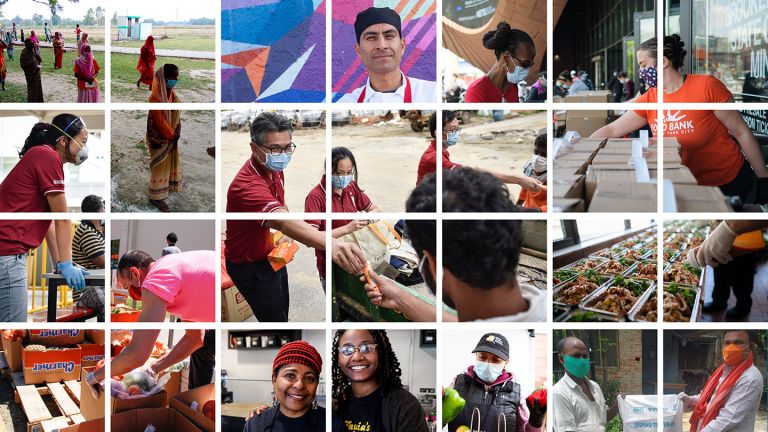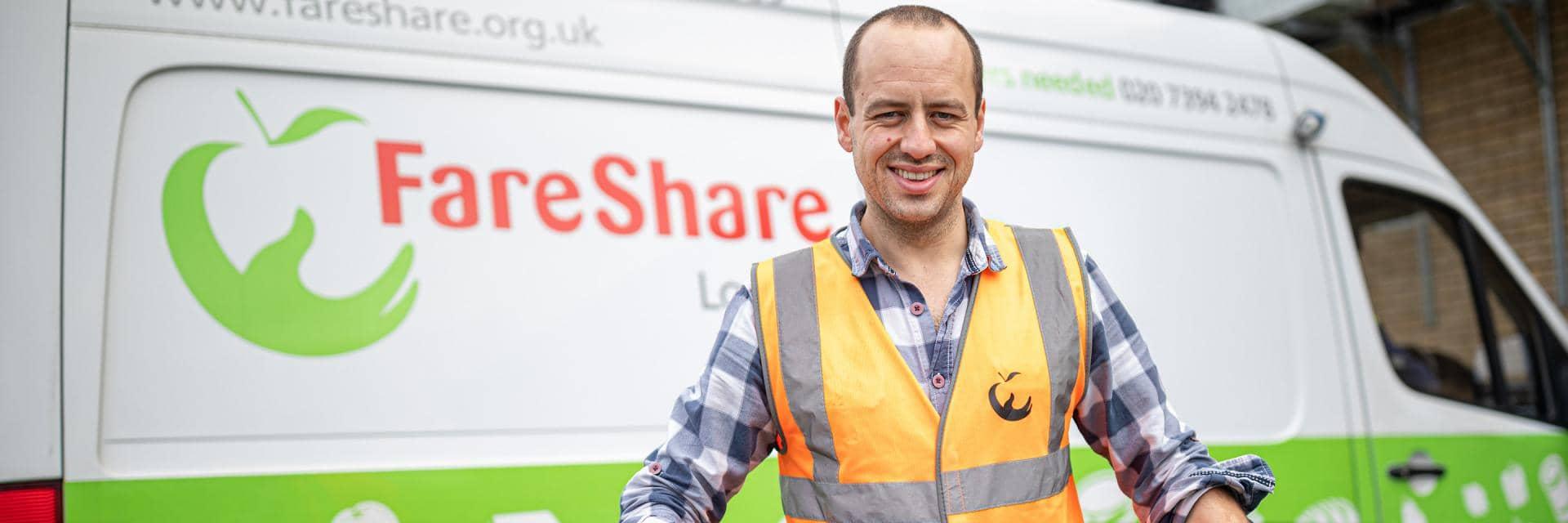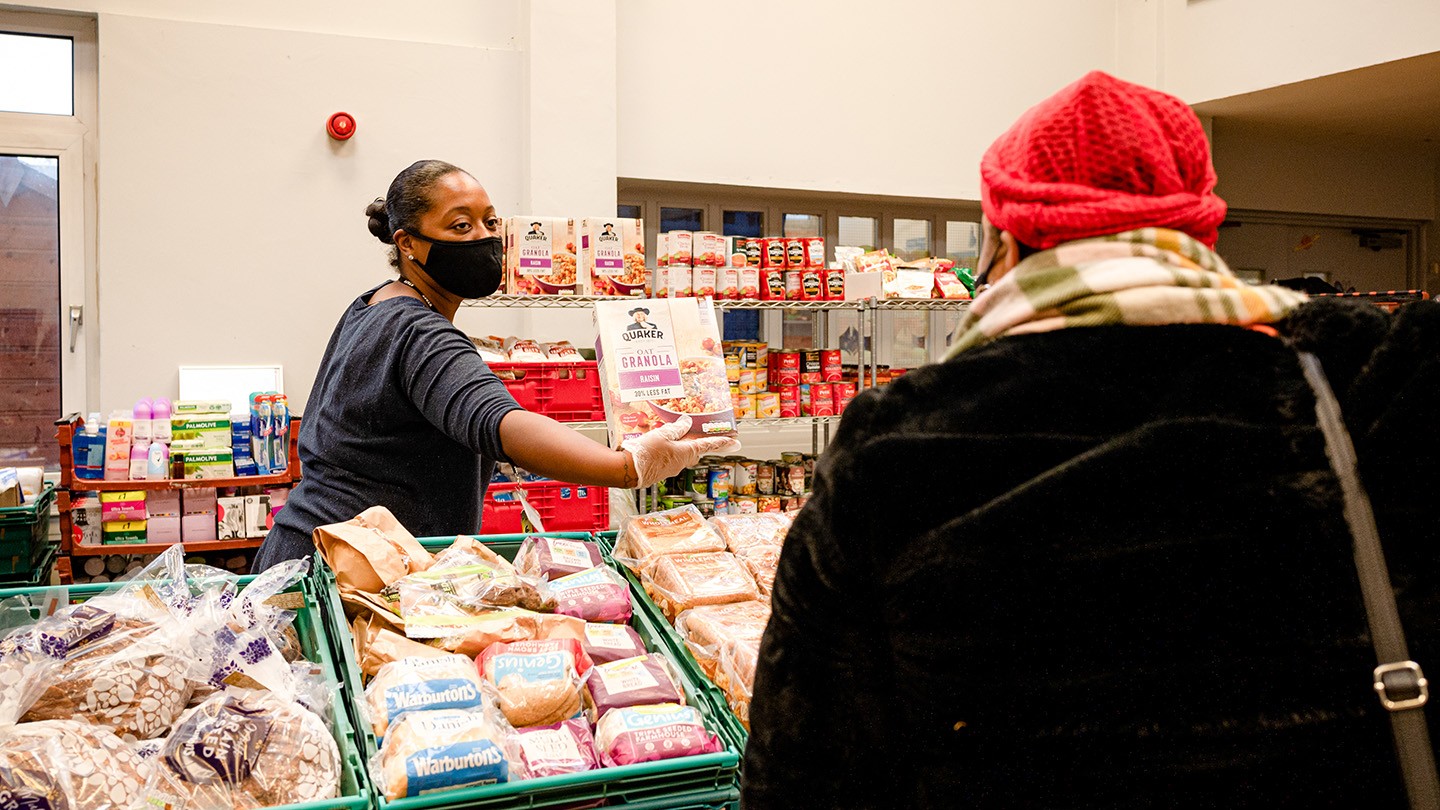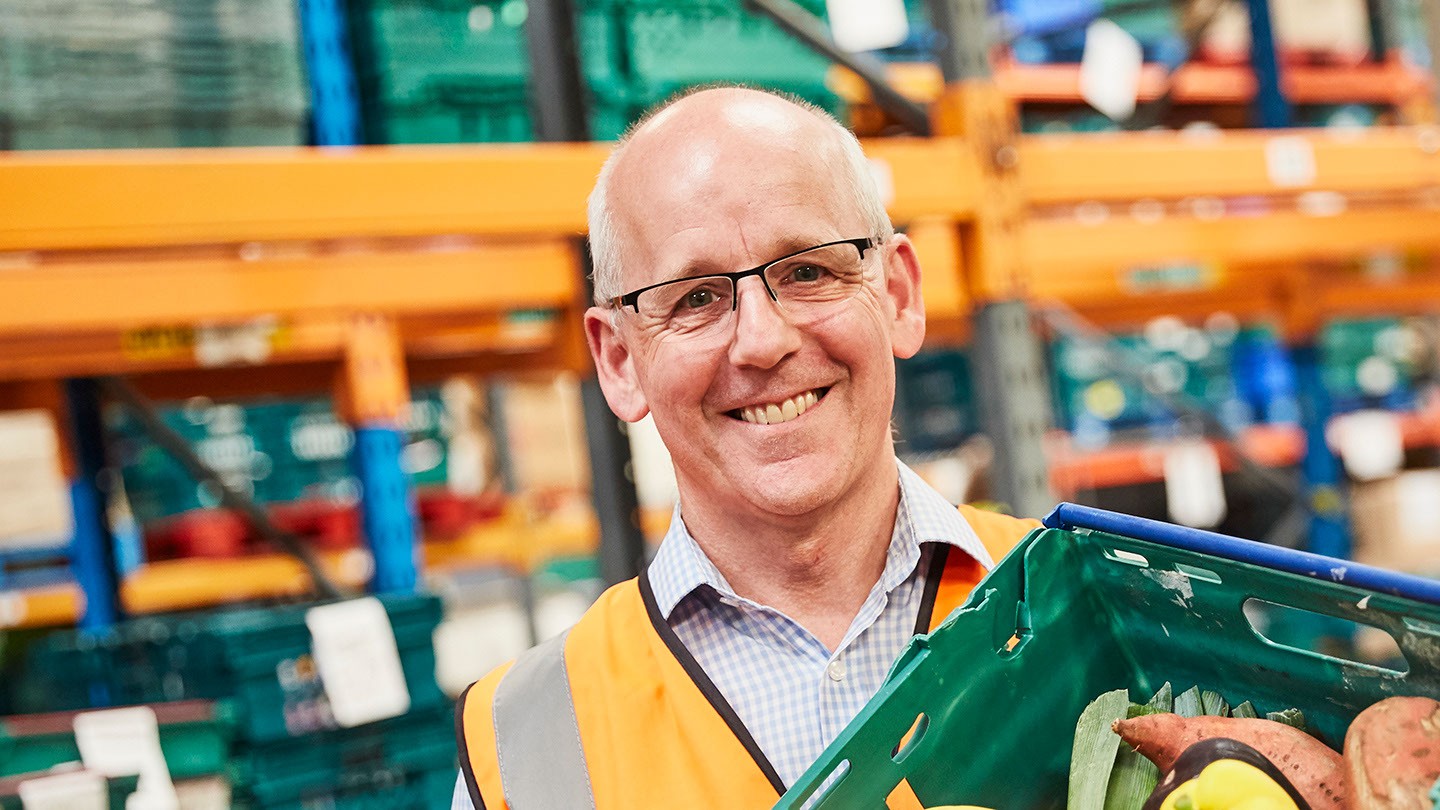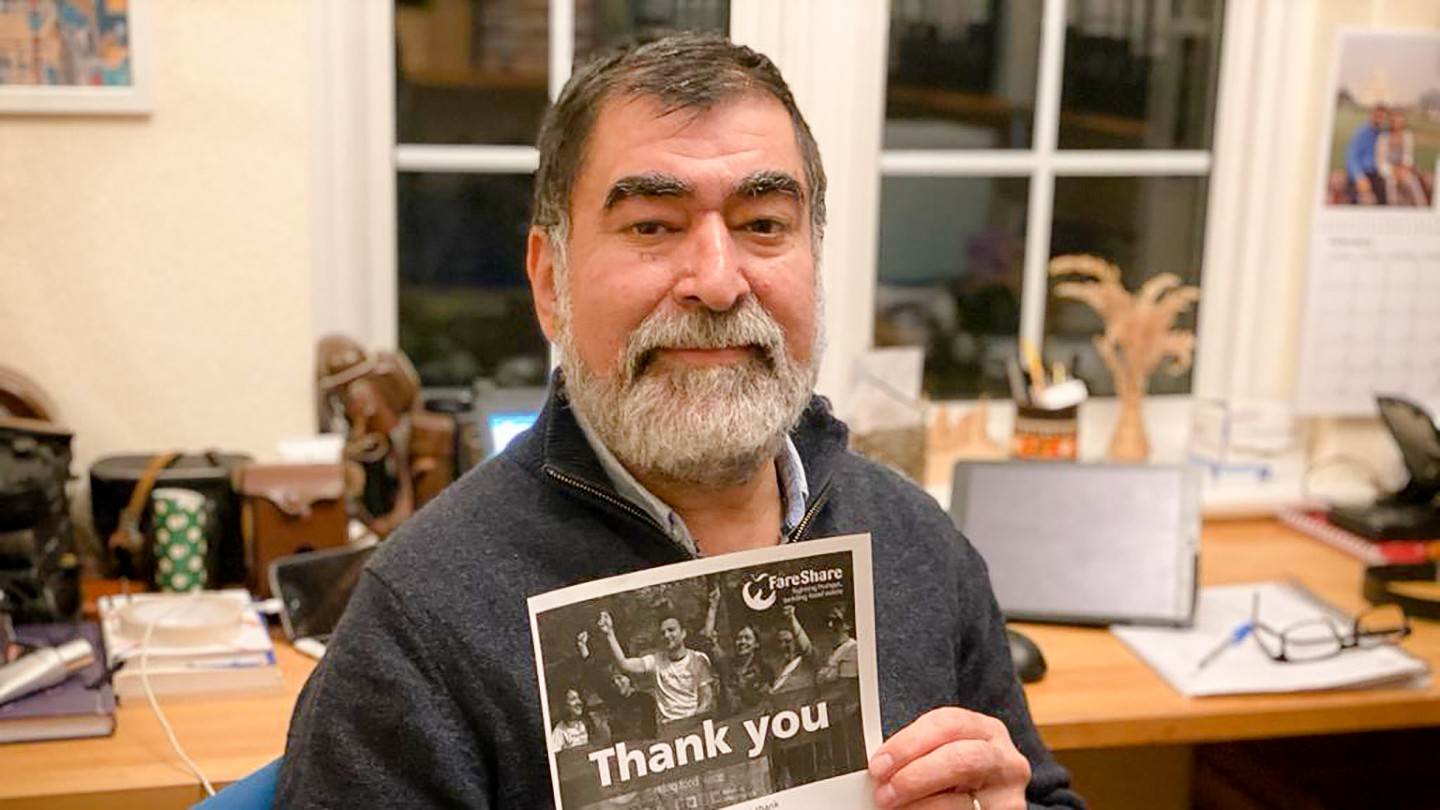When Barclays colleague Mori Tehrani, Director in BX CRFTL technology in Northampton, found out about the bank’s double matching campaign, he thought it was “a timely and super initiative”.
Reading about the difficulties that millions of people in the UK are facing when it comes to feeding themselves and their families, Mori decided to participate in a three-day fundraiser to raise awareness of this hardship and continue the conversation with colleagues and the wider community.
“I saw what footballer Marcus Rashford did to raise awareness for free meals for school children and that motivated me,” Mori says. “What really brought this home for me was when a mother being interviewed on the impact of COVID-19 said that there were many occasions when she goes without food – sometimes for three days at a time.
“I raised £3,620, which equates to a total of £10,860 for the charity with Barclays’ double matching – and helped FareShare provide 43,440 meals to people in need. I exceeded my target and feel very proud and happy to work for an organisation that is staying close to global issues and, more importantly, what is happening in the UK.”
